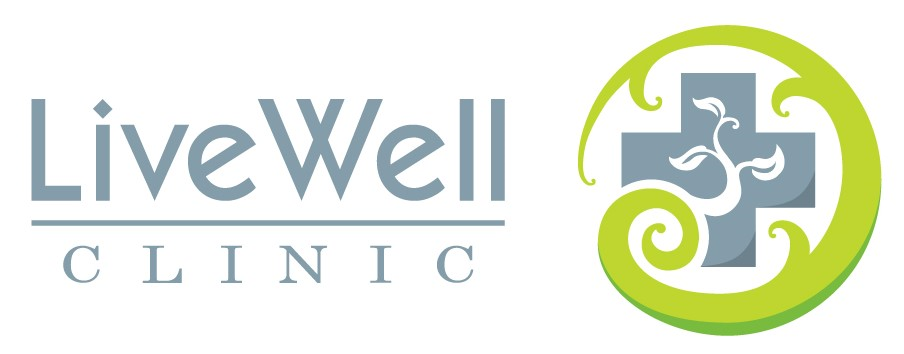Let the Sun Shine! Why we need Vitamin D
Living in one of the sunniest places in the world doesn’t protect us from Vitamin D deficiency. As summer comes to the desert we tend to migrate indoors spending as much time as we can away from the scorching sun, meanwhile depriving our bodies of the most important hormone in our body: Vitamin D. Believe it or not, you can get vitamin D from sunshine. The skin produces vitamin D when hit by ultraviolet light from the sun.
Vitamin D deficiency is increasing nationwide at a staggering rate. Experts estimate that more than half of adults and 30 percent of children and teens in the United States are vitamin D deficient, according to the report in the Journal of the American College of Cardiology.
So why do I need Vitamin D?
According to the Vitamin D Council Current research has implicated vitamin D deficiency as a major factor in “the pathology of at least 17 varieties of cancer as well as heart disease, stroke, hypertension, autoimmune diseases, diabetes, depression, chronic pain, osteoarthritis, osteoporosis, muscle weakness, muscle wasting, birth defects, periodontal disease, and more.” Did you know that nearly every cell in our body has a vitamin D receptor? It’s no wonder it plays an important role in such a variety of disease processes.
If you aren’t convinced of Vitamin D’s importance, keep reading.
1) Vitamin D Boosts Immunity
With the recent swine flu scares, vitamin D deficiency has come the forefront as an excellent preventative measure to boost our immune systems. Vitamin D has an important role in activating innate immunity, which is the first responder to an influenza viral infection.
2) Vitamin D is essential for health bones
Vitamin D ensures your body absorbs calcium to keep your bones strong and prevents osteoporosis, rickets, and bone pain disorders.
3) Vitamin D reduces cancer risk and helps survival rates of people with cancer
Vitamin D enhances anti-cancer actions of the immune system and chemotherapy drugs. Vitamin D deficiency is highly prevalent in women with breast cancer. It is associated with increased breast cancer risk and decreased breast cancer survival. Moreover, women who are vitamin D deficient have an increases risk of developing colorectal cancer. A recent study reported that women ingesting supplementing vitamin D and calcium daily reduced overall risk of developing cancer by almost 70%.
4) Vitamin D protects your heart
A low blood level of vitamin D increases your risk of heart attack by 2.5 times more than those with adequate levels of vitamin D.
5) Vitamin D helps you be happy
A correlation has been made between mild depression and forgetfulness and having low levels of vitamin D.
6) Vitamin D increases your protection against autoimmune disease
Women and men who increase their vitamin D intake above 400 IU of vitamin D a day reduce risk of developing multiple sclerosis by approximately 40%.
7) Vitamin D can alleviate back pain
Vitamin D deficiency is a major contributor to chronic low back pain as well as persistent, nonspecific musculoskeletal pain.
Where can I find Vitamin D?
You can get it from the sun for free by getting 15 minutes of full sun exposure daily when the sun is not at its peak; and you aren’t using sunscreen. Some foods are sources of vitamin D such as wild salmon and sardines, however they don’t provide nearly as much vitamin D as sunlight exposure. To get adequate vitamin D through food alone, you would need to eat two servings of salmon every day. Most of our dietary D comes from fortified foods such as cow’s milk, infant formula and fortified juices. And although vitamin D is added to milk, it is not found in milk products such as ice cream or cheese.
Vitamin D can be easily supplemented in the form of vitamin D3 (cholecalciferol) at a dosing range of 2,000 to 5,000 IU daily for an adult depending on your needs. A simple blood test is the only way of determining will reveal whether or not your levels of vitamin D are sufficient.
Why doesn’t everyone need the same amount of Vitamin D?
How much vitamin D you need varies with age, body weight, percent of body fat, latitude, skin coloration, season of the year, use of sunblock, individual variation in sun exposure, and how strong your immune system is. Generally, the elderly need more than adolescence, heavier people need more than thin people, dark-skinned people need more than fair-skinned people, sunblock lovers need more than sunblock haters and more considerations. It is best to get the advice of a doctor to assure you a safe and accurate dose of Vitamin D.
The doctor’s at Live Well Clinic can assist you in optimizing your health by measuring your vitamin D levels through a simple blood test and providing safe supplementation. For more information on vitamin D please visit the vitamin D council http://www.vitamindcouncil.org.
For more information about Vitamin D or any other health related questions, email: info@livewellclinic.org or call us at 760-771-5970
